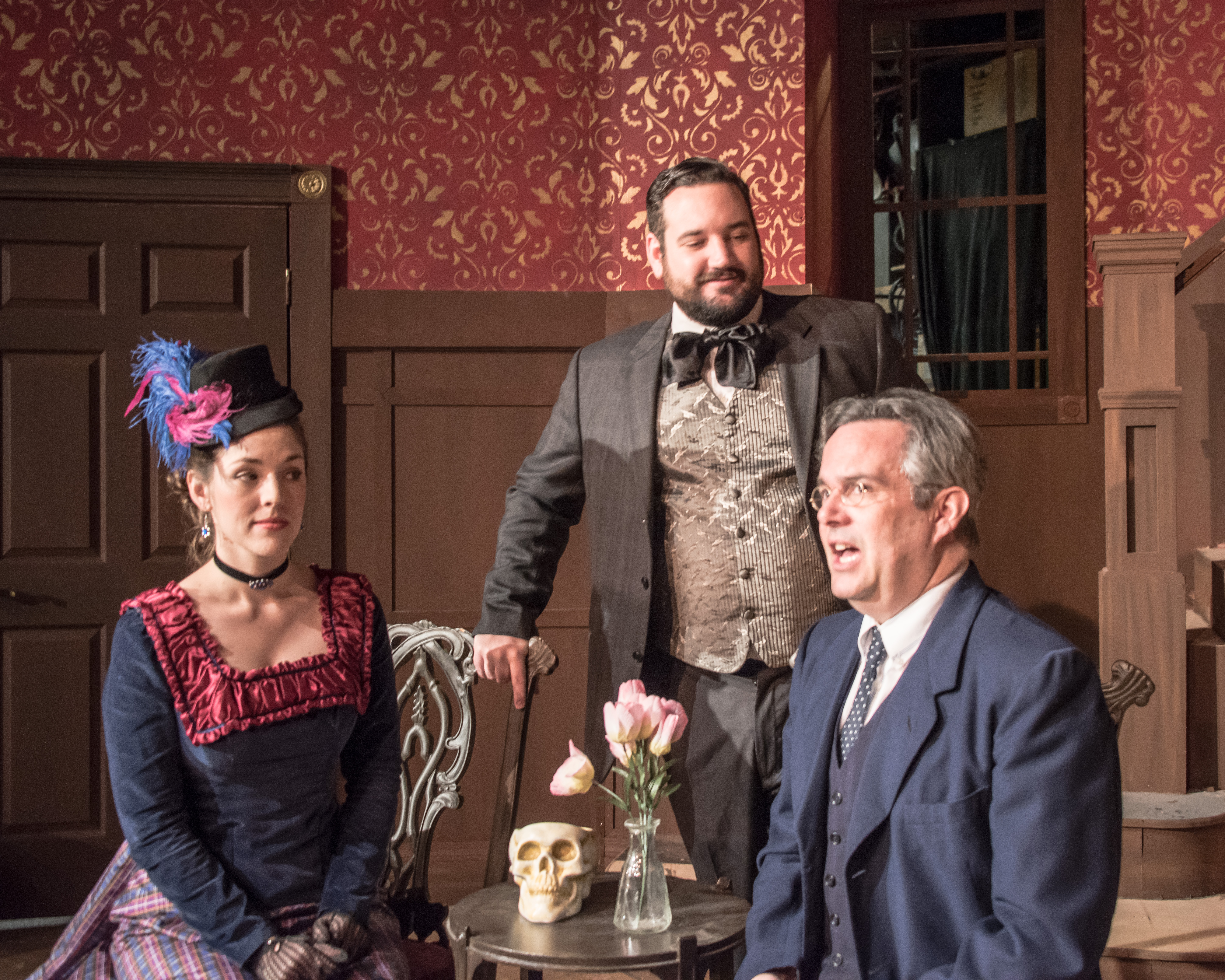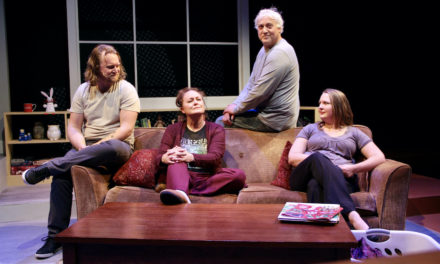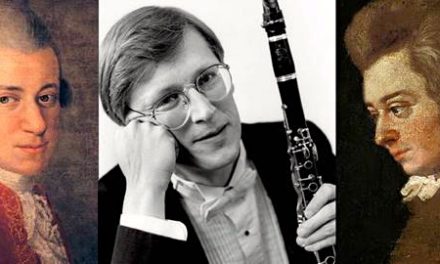By Daniel Buckwalter
(#CommanManAtTheSymphony)
Two technically difficult and brilliant concertos — the first by a very young Johannes Brahms and the other by an aging, sickly Béla Bartók — shone brightly on the Silva Concert Hall stage on Nov. 18.
The Eugene Symphony Orchestra, with Francesco Lecce-Chong at the podium and guest soloist Joyce Yang at the piano, captivated the audience — the largest since the symphony returned to in-person performance in September — from the opening notes of Brahms’ Piano Concerto No. 1.
A three-movement masterpiece that Brahms composed in 1858 when he was in his mid-20s, the piano concerto’s first movement opens with the thunder of the timpani and a call to arms from the horns, followed by stirring strings. It sounds almost apocalyptic.
Yang enters the first movement softly, almost timidly, but soon throws herself into the battle with the symphony. It’s a fierce, almost exhausting back and forth that ends in a draw, and you have to remind yourself that there are two movements left to play.
The second movement is more meditative, but the third movement reconnects with the first movement’s electrifying flurry with both Yang and the orchestra.
After the drama-laden finish, Yang received a well-deserved standing ovation. For her encore, Yang slowed the pace for everyone with Edvard Grieg’s Nocturne, three minutes of beauty to contrast the force of the concerto.
After intermission came Bartók’s Concerto for Orchestra. Composed in 1943, just two years before he died of leukemia in New York City — Bartók and his wife had fled Hungary in 1940 and settled in the United States — he summoned the will to create what perhaps is his best-known work in this country.
It’s a five-movement piece that showcases all sections of the orchestra and takes the listener on several different rides.
At one point in the piece, with the fingers of string players going at lightning speed, I got a sense of scratchy, intergalactic travel, and there was a deep partial lunar eclipse on Nov. 18. That may not be the proper definition of Bartók’s “night music,” but I found it appealing, as I did the entire piece.
A poignant moment at the concert came before the Bartók piece when Scott Freck, executive director of the Eugene Symphony Association, took the stage to acknowledge the men and women who resigned or retired from the symphony since the onset of COVID.
There were 10 names in all, and each person stood for a round of applause. They may not have had the proper in-person send off last spring, but the scene Nov. 18 was a welcome salute for work well done.
The concert will be streamed for a week starting Dec. 2 online at EugeneSymphony.org. It will be the final streamed concert of the season, at a “pay what you can” cost, starting at $20.












